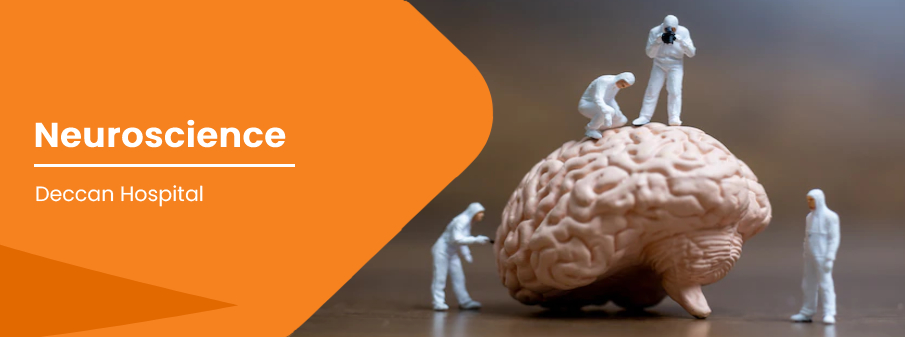Neuroscience is the scientific study of the nervous system, including the brain, spinal cord, and nerves. It is a multidisciplinary field that incorporates knowledge and techniques from a variety of disciplines, including biology, psychology, chemistry, and physics.
Neuroscientists use a variety of research methods, including animal and human studies, to understand how the nervous system works and how it is affected by various factors, such as genetics, environment, and disease. They may study how the brain processes information, how it controls behavior and movement, and how it is affected by disorders such as stroke, dementia, and brain injury.
The field of neuroscience is broad and diverse, and it includes a variety of subfields such as cognitive neuroscience, which focuses on how the brain processes information; developmental neuroscience, which studies how the nervous system develops; and behavioral neuroscience, which investigates the relationship between the brain and behavior.
Overall, neuroscience is an important field of study that helps us to understand the complex functions of the nervous system and how it is affected by various factors. This knowledge can help to improve our understanding of brain disorders and to develop new treatments and therapies to improve the health and well-being of individuals with nervous system conditions.
These are just a few examples of the symptoms that may be associated with neurological disorders. It’s important to remember that the specific symptoms a person experiences will depend on the type and severity of their disorder. If you are experiencing any of these symptoms, it’s important to speak with a healthcare professional for proper diagnosis and treatment.

